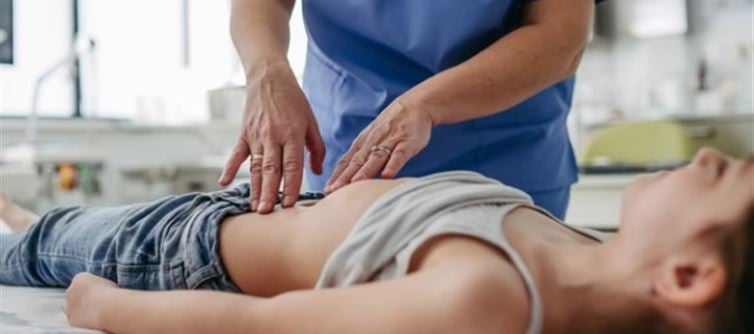
Gallbladder Stones: Causes, Risks, and Prevention
What is the Gallbladder?
Small organ located below the liver.
Stores bile, essential for digesting fats.
Imbalance in cholesterol or bilirubin in bile can lead to gallstones.
Early Signs of Gallstones
Severe, frequent abdominal pain.
Nausea and vomiting.
Digestive issues and a feeling of heaviness in the stomach.
Risk Factors and Unhealthy Habits
Diet-Related Causes
Excessive consumption of fried and oily foods puts pressure on the gallbladder.
Regular intake of junk food, butter, cheese, and fatty meats increases the risk.
High-fat diets disrupt bile balance, leading to cholesterol crystal formation.
Weight and Obesity
Being overweight raises cholesterol levels, which may accumulate in bile.
Sudden weight gain or rapid weight loss disrupts bile balance.
BMI above 30 can triple the risk of gallstones.
Hydration and Fiber
Insufficient water intake makes bile concentrated, increasing stone formation.
Lack of fiber impairs fat metabolism.
Drinking at least 3 liters of water daily and eating fruits, vegetables, and whole grains helps maintain bile balance.
Hormonal and Medication Factors
Women are at higher risk due to pregnancy, contraceptive pills, or hormonal changes.
Excess estrogen increases cholesterol in bile.
Long-term use of steroids or cholesterol-lowering drugs can disrupt bile balance.
Always consult a doctor before taking medications long-term.
Prevention Tips
Eat a balanced diet with limited fried and fatty foods.
Maintain a healthy weight and avoid rapid weight changes.
Drink plenty of water and consume fiber-rich foods daily.
Exercise regularly to support overall digestive health.
Monitor medications and hormonal treatments under medical supervision.
Adopting a healthy lifestyle not only prevents gallstones but also keeps the entire digestive system healthy.




 click and follow Indiaherald WhatsApp channel
click and follow Indiaherald WhatsApp channel